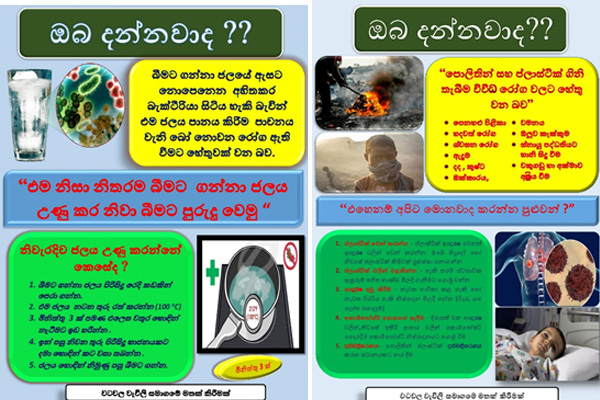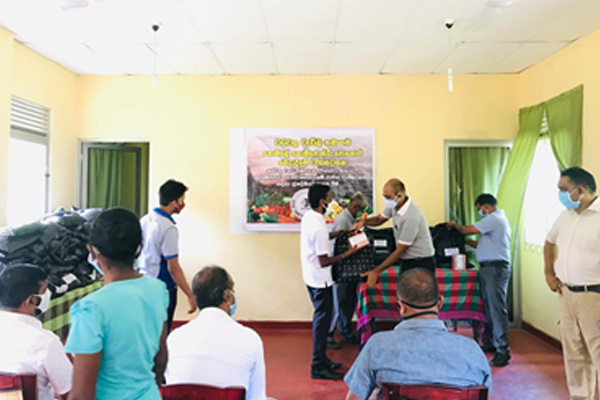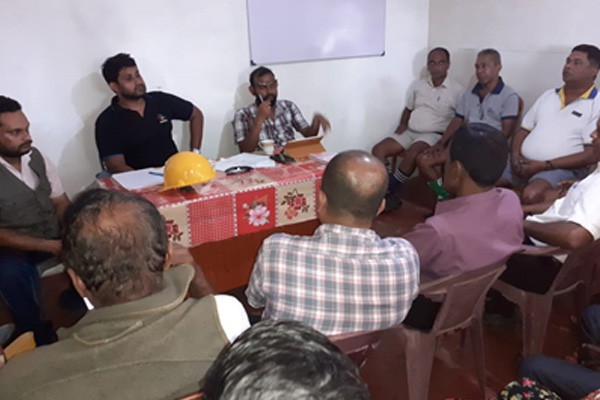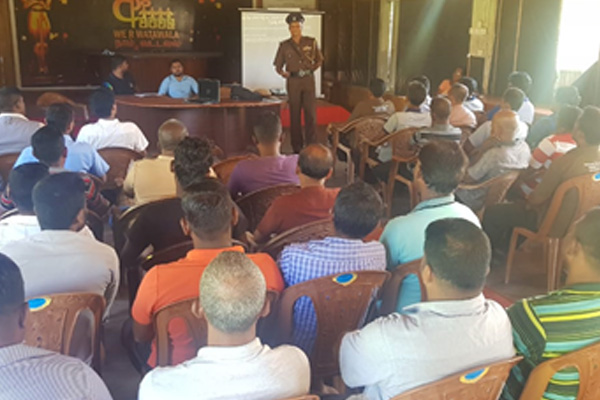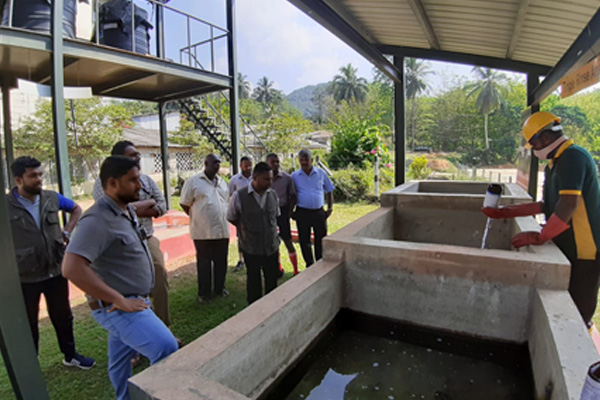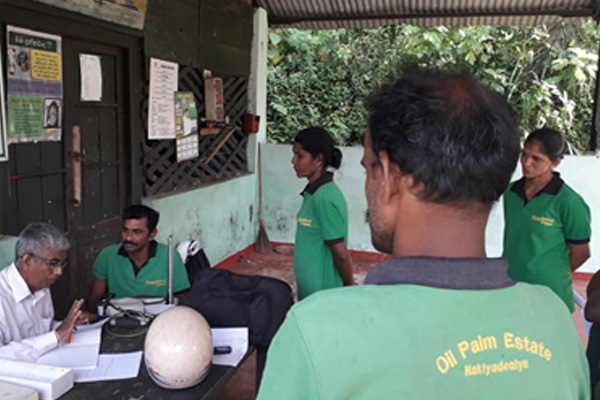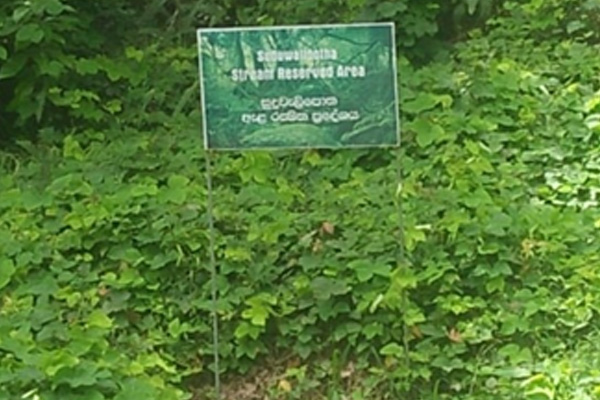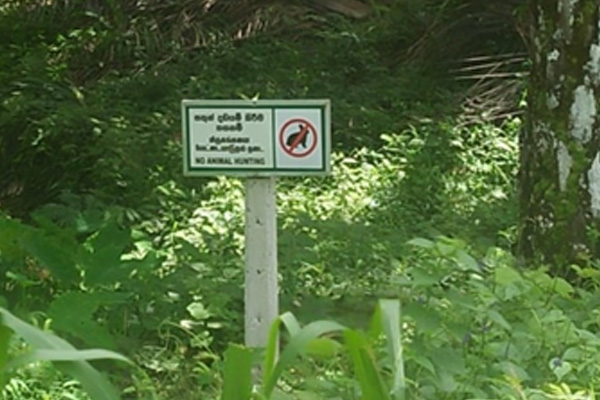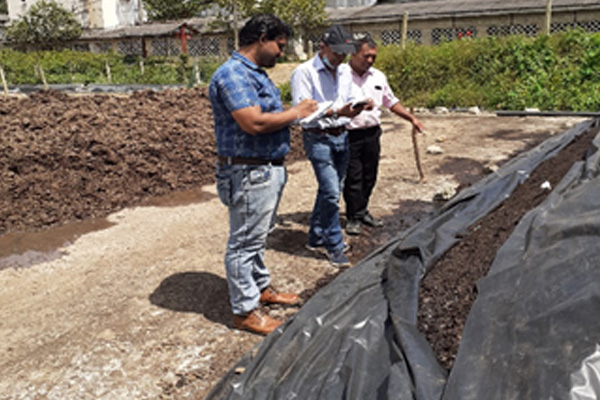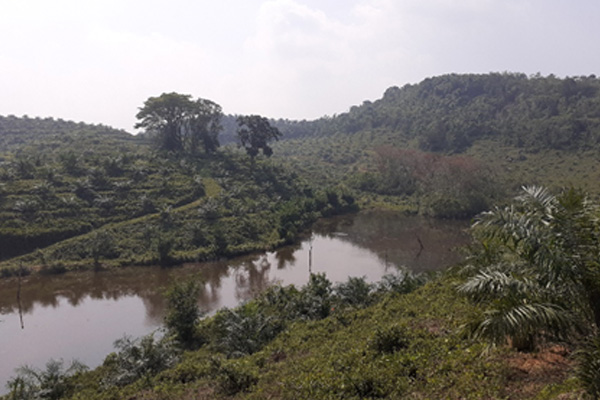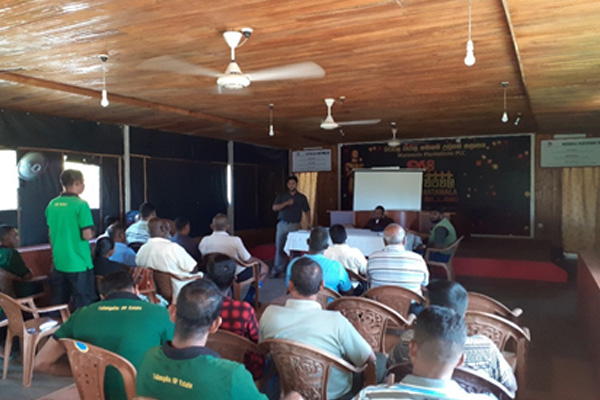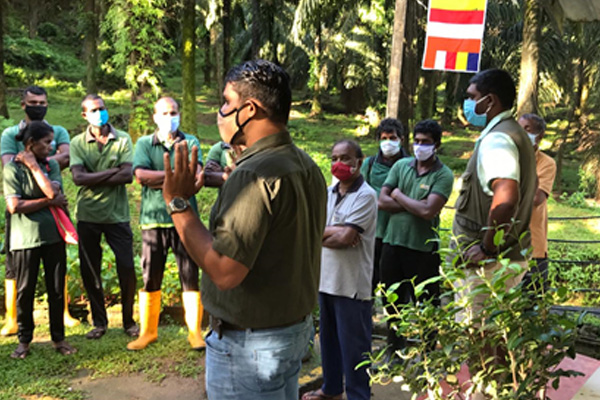We Watawala Plantations PLC are committed to manufacturing of Sustainable Palm Oil which comprises of legal economically viable, environmentally appropriate and socially beneficial management and operations.
Sustainable production of Palm Oil are critical to safeguarding the future of our company.
We ensure the credibility of the sustainability claim at the end of the supply chain, and physically handle certified sustainable oil palm. Transparency and credibility are assured through RSPO Supply Chain Certification and RSPO Principles and Criteria Certification.
Our Sustainable palm oil manufacturing comprises of legal and economically viable and environmentally appropriateness’ there by we assure to Behave ethically and transparently, Operate legally and respect rights, Optimize productivity, efficiency, positive impacts and resilience, Respect community and human rights and deliver benefits, Support smallholder inclusion, Respect workers’ rights and conditions, Protect, conserve and enhance ecosystems and the environment which are the 7 principles of RSPO 2018 Guidelines.
Apart from RSPO certification, WPL’s manufacturing facility Nakiyadeniya Palm Oil Mill is committed to conduct its operations in a sustainable manner and initiates innovations to improve the sustainable development at the mill. In this process Mill has identified the need of acquiring certifications which gives recognition in global level.


